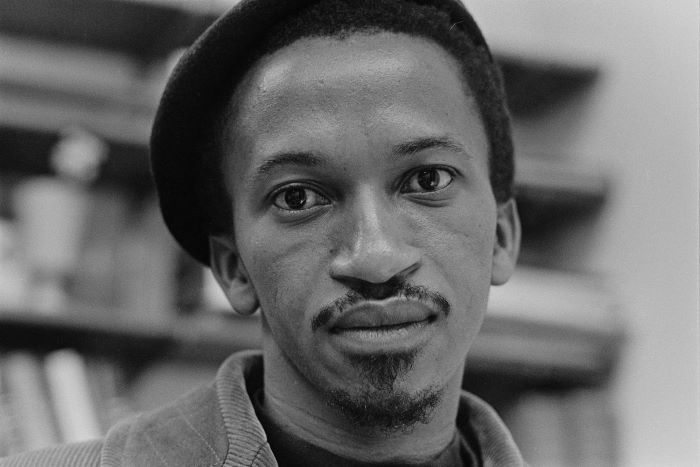![]() Ernest Cole might be one of the most important photographers many have never heard of, and Raoul Peck’s new documentary brings Cole back into the spotlight more than three decades after his premature death, vividly resurrecting his career and legacy.
Ernest Cole might be one of the most important photographers many have never heard of, and Raoul Peck’s new documentary brings Cole back into the spotlight more than three decades after his premature death, vividly resurrecting his career and legacy.
Born in South Africa in 1940, Cole experienced the horrors of Black life under the apartheid regime, a system defined by depraved indifference and outright hostility. Inspired by a book of Henri Cartier-Bresson’s photographs of Moscow, he began documenting daily life with his camera in the late 1950s. When Cole left South Africa in 1966, he smuggled his negatives out of the country—he had been classified as “colored” by the government, a less restrictive status that allowed him to leave. After settling in the United States in 1966, he compiled his photographs into the book House of Bondage, chronicling the brutal realities he witnessed. Upon its 1967 publication, the book became an international sensation—and was unsurprisingly banned in his homeland.
When Cole relocated, he anticipated arriving in what he called “a world without prejudice,” as he explains in a voice-over. However, as he began photographing his new surroundings, he was dismayed to discover that racism was deeply ingrained, perpetuated by Jim Crow laws and a segregationist culture strikingly similar to apartheid.
Peck allows Cole to speak for himself throughout via vintage interviews—including excerpts from a 1969 television appearance—and narration read by LaKeith Stanfield. This narration blends Cole’s own words with text written by Peck, which includes reflections on events that occurred after Cole’s death in 1990 from cancer. While this approach is ambitious, it’s arguably Peck’s only misstep; having Cole “narrate” from beyond the grave doesn’t significantly enhance our understanding of his artistry or legacy.
Otherwise, the documentary rightly focuses on Cole’s powerful photographs. These images delve into the disturbing and seemingly endless complexities of global racial discrimination. Cole’s work captures unforgettable moments of both submission and defiance. Subtle differences between his photographs—from the immediacy and visceral impact of his South African work to the slightly more detached quality of his U.S. images—reflect his own sentiments: “South Africa was my reality. In the United States, I was the other.” This sense of being “the other” seemed to define his experience from behind the camera.
At one point, Cole asks, “Am I a traitor to my country?” in response to the apartheid state’s smear campaign against him. Peck’s film emphatically denounces this accusation, delivering a powerful and overdue tribute to a pioneering artist whose work continues to resonate.

















Leave A Comment